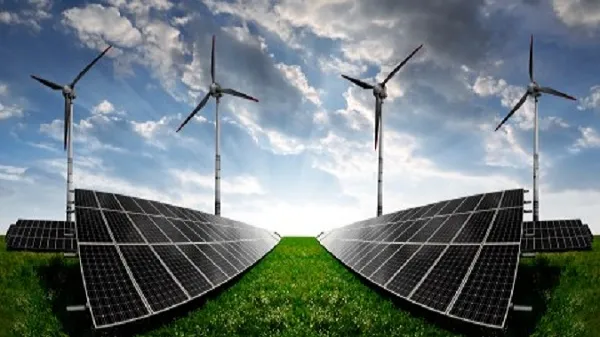
Bp to acquire 40.5% shares in Asian Renewable Energy Hub
It will assume operatorship by 1 July 2022.
Energy firm bp is set to become the operator of the Asian Renewable Energy Hub in Australia, which can potentially be one of the largest renewables and green hydrogen hubs globally, after it agreed to acquire a 40.5% stake in the energy hub.
Under the agreement, bp will assume operatorship of the energy hub starting on 1 July 2022, subject to approval. Other partner shareholders are InterContinental Energy with 26.4% stake, CWP Globale with 17.8%, and Macquarie Capital and Macquarie’s Green Investment Group with 15.3%.
Bp said in a statement that AREH, which is located in the Pilbara region of Western Australia aims to supply renewable power to local customers and produce green hydrogen and green ammonia to be used domestically and for export.
The energy hub is also planning to develop onshore wind and solar power in several phases to generate up to 26 gigawatts (GW) of electricity. This is equivalent to producing more than 90 terawatt-hours annually, which is around a third of Australia’s generated electricity in 2020.
READ MORE: Australian PV researchers get $31.1m gov’t funding
AREH is expected to produce around 1.6 million tonnes of green hydrogen or nine million tonnes of green ammonia annually at full capacity.
“It truly reflects what integrated energy is – combining solar and onshore wind power with hydrogen production and using it to help transform sectors and regions. It also reflects our belief that Australia has the potential to be a powerhouse in the global energy transition, benefitting from both its existing infrastructure and abundant renewable energy resources,” said Anja-Isabel Dotzenrath, executive vice president of gas and low carbon energy at bp.
“We believe AREH can be a cornerstone project for us in helping our local and global customers and partners in meeting their net-zero and energy commitments. It will also serve as a long-term clean energy security contributor in Asia Pacific, helping countries such as South Korea and Japan to decarbonize,” Dotzenrath added.
It is expected to reduce around 17 million tonnes of carbon in domestic and export markets yearly, which equates to around 0.5 gigatonnes of carbon savings in the project’s lifetime.








![Cross Domain [Manu + SBR + ABF + ABR + FMCG + HBR + ]](https://cmg-qa.s3.ap-southeast-1.amazonaws.com/s3fs-public/styles/exclusive_featured_article/public/2025-01/earth-3537401_1920_4.jpg.webp?itok=WaRpTJwE)
![Cross Domain [SBR + ABR]](https://cmg-qa.s3.ap-southeast-1.amazonaws.com/s3fs-public/styles/exclusive_featured_article/public/2025-01/pexels-jahoo-867092-2_1.jpg.webp?itok=o7MUL1oO)









 Advertise
Advertise


